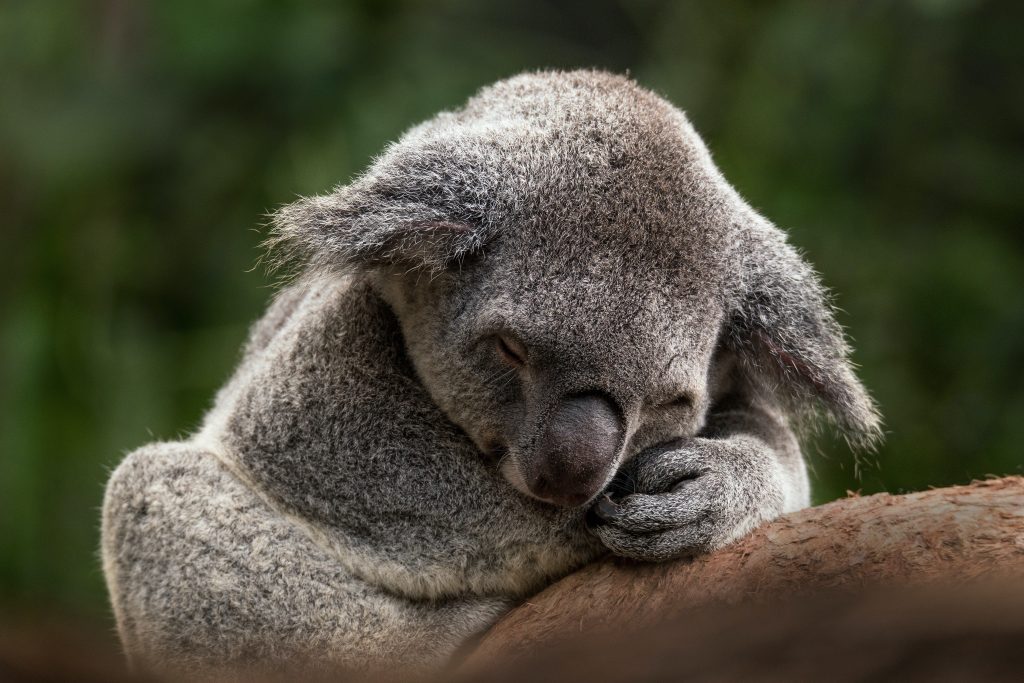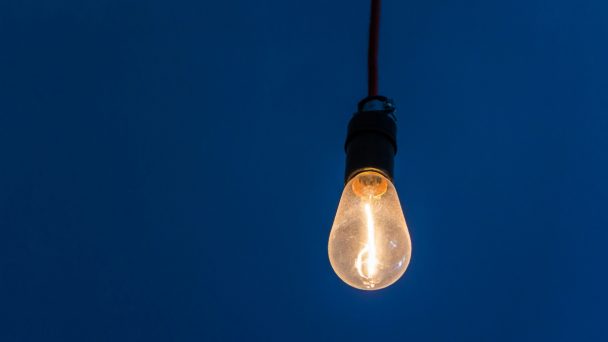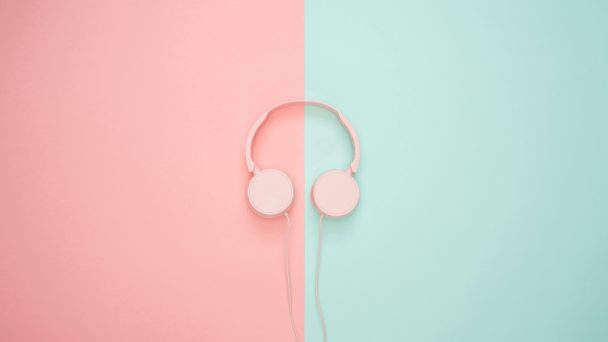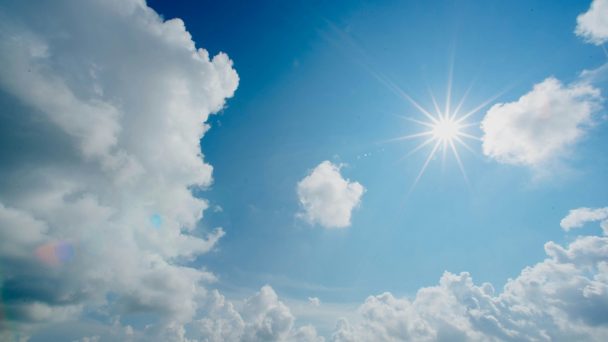An alcohol break lets you sleep peacefully

Have you ever unknowingly gone on an adventure at night after you've had a few glasses? Sleepwalking is something that happens more often when you drink alcohol. An alcohol break can stop sleepwalking. Are you not a sleepwalker? Taking a break has a positive effect on your sleeping behavior anyway.
Sleepwalking is a sleep disorder. People who suffer from sleepwalking experience brief interruptions in their REM sleep during deep sleep. Also called dream sleep. Alcohol reinforces this pattern. It ensures that you sleep deeper and that you also get more interruptions during that deeper sleep.
| Violent sleepwalking
Research shows that 58 percent are violent while sleepwalking. 17 percent injure themselves or their bed partner. That's because sleepwalkers often have nightmares. |
Goodbye sleepwalking adventure, hello sleep
Because sleepwalking can significantly disrupt your sleep, it is important to avoid sleepwalking. That means that you leave the alcohol behind (you already do that, chapeau!), that you avoid stress during the day as much as possible (exercise regularly in the open air, listen to your favorite music or take a warm bath if you feel stress) and do it during the day a nap. A nap during the day ensures that you sleep less deeply at night. Source: psychologymagazine.nl.
Taking a break is good for your sleep
Not everyone goes out unknowingly at night. However, you may experience sleeping problems. An alcohol break can contribute to a better night's sleep. 55 percent of the IkPas participants experience a better night's sleep. That's because alcohol can really mess up your sleep cycle. Here you can read how and what.
That drink just before going to bed is relaxing, cozy and even helps you fall asleep faster. All benefits. But now it comes: that drink helps at the start of your night, but breaks you up during the night. Alcohol really messes up your sleep cycle.
The Sleep Cycle
The sleep cycle works like this: sleep consists of dream sleep (REM sleep) and regular, deep sleep (NREM sleep). During the night, our body goes through the cycle several times a night. Your body starts with NREM sleep, then moves on to REM sleep and back to NREM sleep. A sleep cycle lasts about 90 minutes. Drinking alcohol before going to sleep increases deep sleep and decreases the amount of dream sleep.
Wrong order
In addition, drinking alcohol has an effect on the order of your sleep cycle. Alcohol causes the first deep sleep (REM sleep) to be brought to the fore. This means that you dream earlier and the brain has to process all the information and impressions of that day faster. The second part of the night, REM sleep takes place much later, overloading the brain. Because the deep sleep does not take place proportionally, sleeping problems occur. Such as sleepwalking, talking in your sleep and sleep apnea. In addition, there is an increased risk of intense dreams or nightmares.


